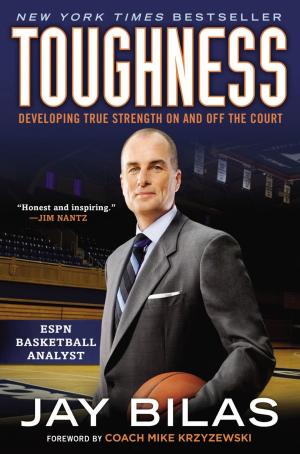Maestro
A Surprising Story About Leading by Listening
Biography & Memoir, Composers & Musicians, Business & Finance, Management & Leadership, Motivational, Leadership| Author: | Roger Nierenberg | ISBN: | 9781101148891 |
| Publisher: | Penguin Publishing Group | Publication: | October 15, 2009 |
| Imprint: | Portfolio | Language: | English |
| Author: | Roger Nierenberg |
| ISBN: | 9781101148891 |
| Publisher: | Penguin Publishing Group |
| Publication: | October 15, 2009 |
| Imprint: | Portfolio |
| Language: | English |
A conductor reveals powerful leadership lessons by explaining the inner workings of a symphony orchestra
Roger Nierenberg, a veteran conductor, is the creator of The Music Paradigm, a unique program that invites people to sit INSIDE a professional symphony orchestra as the musicians and conductor solve problems together.
He captures that experience in Maestro: A Surprising Story about Leading by Listening, a parable about a rising executive tough challenges. The narrator befriends an orchestra conductor and is inspired to think about leadership and communication in an entirely new way.
For instance:
• A maestro doesn't micromanage, but encourages others to develop their own solutions. There's a big difference between conducting and trying to play all the instruments.
• A maestro helps people feel ownership of the whole piece, not just their individual parts.
• A maestro leads by listening. When people sense genuine open-mindedness, they offer more of their talent. If not, they get defensive and hold back their best ideas.
• Truly great leaders, whether conductors striving for perfect harmony or CEOs reaching for excellence, act with a vision of their organization at its best.
For more information, visit: www.MaestroBook.com
A conductor reveals powerful leadership lessons by explaining the inner workings of a symphony orchestra
Roger Nierenberg, a veteran conductor, is the creator of The Music Paradigm, a unique program that invites people to sit INSIDE a professional symphony orchestra as the musicians and conductor solve problems together.
He captures that experience in Maestro: A Surprising Story about Leading by Listening, a parable about a rising executive tough challenges. The narrator befriends an orchestra conductor and is inspired to think about leadership and communication in an entirely new way.
For instance:
• A maestro doesn't micromanage, but encourages others to develop their own solutions. There's a big difference between conducting and trying to play all the instruments.
• A maestro helps people feel ownership of the whole piece, not just their individual parts.
• A maestro leads by listening. When people sense genuine open-mindedness, they offer more of their talent. If not, they get defensive and hold back their best ideas.
• Truly great leaders, whether conductors striving for perfect harmony or CEOs reaching for excellence, act with a vision of their organization at its best.
For more information, visit: www.MaestroBook.com















